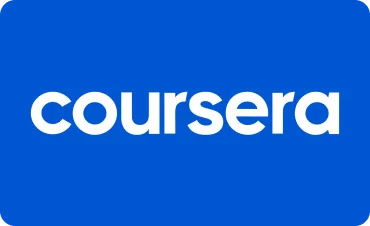When you enroll through our links, we may earn a small commission—at no extra cost to you. This helps keep our platform free and inspires us to add more value.

Take Action: From Protest to Policy
Master the Skills of Tomorrow with Coursera! From AI and Blockchain to Public Speaking and Psychology, Explore Courses Tailored for Your Success.

This Course Includes
 coursera
coursera 0 (0 reviews )
0 (0 reviews ) Flexible schedule
Flexible schedule  english
english Online - Self Paced
Online - Self Paced course
course Wesleyan University
Wesleyan University
About Take Action: From Protest to Policy
In Take Action, you will learn four strategies for transforming your activist work into policy change. First, we'll explore how to use the courts to mobilize constituents, raise awareness, gain information, and change the law. Second, we'll analyze the benefits of communicating your message across platforms and review a case study in cross-platform communication of a criminal justice reform message in the U.S. Third, we'll examine how to connect to power through stakeholder analysis and issue framing. Fourth, we'll appraise the benefits of working locally to generate wins, gain knowledge, and create meaningful change. By the end of this course, you will be able to formulate a comprehensive plan for real world change. This course will engage you if you care about specific issues such as climate change, racial justice, or mass incarceration, or if you want a broader understanding of how the U.S. courts and justice system operate, how communications professionals think about social media strategy, how change-makers network with policymakers, or how local actors and positive deviants possess answers to complex social problems. LEARNING OUTCOMES -Recognize and explain policymaking terms -Describe important policymaking places, people, and procedures -Analyze law and policy documents and texts -Evaluate the efficiency and effectiveness of policymaking actors and institutions -Appraise the effectiveness of policy-oriented communications -Identify policy stakeholders -Communicate your policy-related ideas clearly -Develop a plan of action to influence policy INSTRUCTORS Mary Alice Haddad, John E. Andrus Professor of Government; Professor, East Asian Studies; Professor, College of the Environment Sarah Ryan, Attorney, Director of the Law Librarianship Program at the University of North Texas, and Associate Professor of Information Science
What You Will Learn?
- Introduction Use the Courts Communicate across Platforms Connect to Power Work Locally Putting it All Together: Final Paper on Your Plan for Turning Protest into Policy.